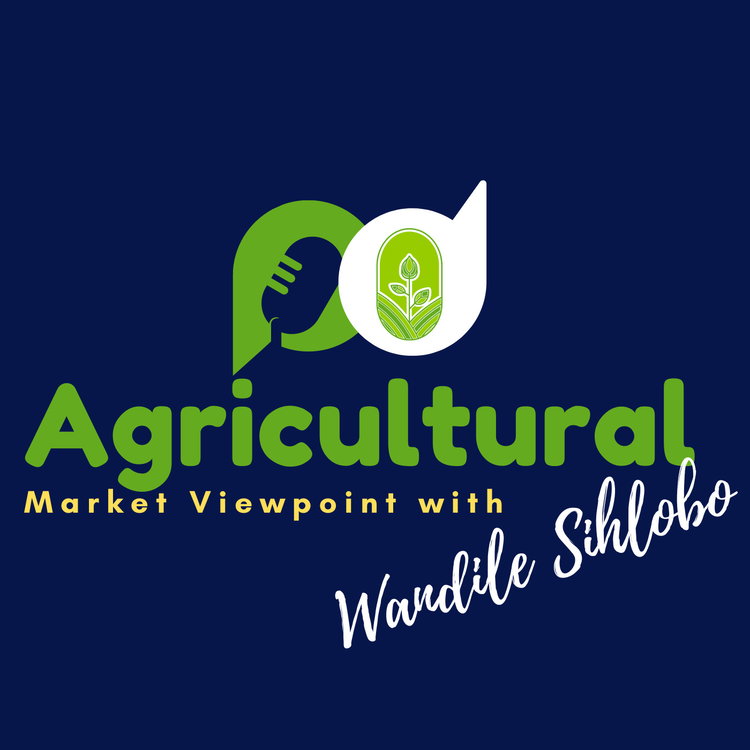
SA agriculture should explore trade opportunities within BRICS+
Loading player...
Export opportunities for South Africa's agricultural products are opening up within BRICS+ countries. Over the past two years, China, the Kingdom of Saudi Arabia, and Egypt have widened market access for various agricultural products from South Africa.
Admittedly, Egypt and the Kingdom of Saudi Arabia have recently joined the BRICS+ grouping, and market access is part of the long-term bilateral engagements with South Africa. South Africa has access to selected fruits, wine, wool, meat and grains.
However, South Africa aims to broaden market access in BRICS+ for most of the country's agricultural products. For this reason, through the 2023 BRICS Summit in Johannesburg and the prior engagements, South Africa prioritized trade as a significant point on the agenda for discussion.
The political principals broadly agreed that deepening trade was necessary for the BRICS countries. Still, each country's trade and agricultural authorities are responsible for taking the lead and seeking market access from member countries.
The idea of a BRICS agricultural trade agreement that some argued for has not yet been thoroughly ventilated. The priority so far was for each BRICS member to work to reduce import tariffs and address the phytosanitary constraints for various products that BRICS member countries would present.
Even before adding the new members, the original BRICS countries were already significant importers of agricultural products. Between 2019 and 2022, this group's agricultural imports averaged US$255 billion annually, according to Trade Map data.
China accounted for 71% of all the agricultural imports into the group, followed by India at 11%, Russia at 11%, Brazil at 4% and South Africa at 3%. Despite these sizeable agricultural import figures, the intra-BRICS agricultural trade remained relatively low.
The products these countries imported include soybeans, beef, maize, berries, wheat, palm oil, poultry meat, cotton, barley, dairy products, pork, apricots and peaches, sugar, wool, sunflower seed, nuts, sorghum, goat meat, wine, grapes, bananas, avocados, mangos, guavas, and fruit juices, among other products.
South Africa produces some of these products in abundance and has surplus volumes for exports. Thus, the country championed a need to deepen trade in the 2023 BRICS Summit.
Admittedly, the positive reception that South Africa has received from some BRICS countries lately is not entirely because of the groupings' focus on trade. Indeed, some discussions regarding market access to China have been underway for some time. Still, when agricultural trade is prioritized in various political forums, there is naturally urgency to deliver some results.
With BRICS adding new members to form a bigger BRICS+, the agricultural trade opportunities have increased.
Listen to the podcast for a detailed reflection.
My writing on agricultural economic matters is available on my blog: https://wandilesihlobo.com/
Podcast production by Lwandiso Gwarubana, Richard Humphries, and Sam Mkokeli
Admittedly, Egypt and the Kingdom of Saudi Arabia have recently joined the BRICS+ grouping, and market access is part of the long-term bilateral engagements with South Africa. South Africa has access to selected fruits, wine, wool, meat and grains.
However, South Africa aims to broaden market access in BRICS+ for most of the country's agricultural products. For this reason, through the 2023 BRICS Summit in Johannesburg and the prior engagements, South Africa prioritized trade as a significant point on the agenda for discussion.
The political principals broadly agreed that deepening trade was necessary for the BRICS countries. Still, each country's trade and agricultural authorities are responsible for taking the lead and seeking market access from member countries.
The idea of a BRICS agricultural trade agreement that some argued for has not yet been thoroughly ventilated. The priority so far was for each BRICS member to work to reduce import tariffs and address the phytosanitary constraints for various products that BRICS member countries would present.
Even before adding the new members, the original BRICS countries were already significant importers of agricultural products. Between 2019 and 2022, this group's agricultural imports averaged US$255 billion annually, according to Trade Map data.
China accounted for 71% of all the agricultural imports into the group, followed by India at 11%, Russia at 11%, Brazil at 4% and South Africa at 3%. Despite these sizeable agricultural import figures, the intra-BRICS agricultural trade remained relatively low.
The products these countries imported include soybeans, beef, maize, berries, wheat, palm oil, poultry meat, cotton, barley, dairy products, pork, apricots and peaches, sugar, wool, sunflower seed, nuts, sorghum, goat meat, wine, grapes, bananas, avocados, mangos, guavas, and fruit juices, among other products.
South Africa produces some of these products in abundance and has surplus volumes for exports. Thus, the country championed a need to deepen trade in the 2023 BRICS Summit.
Admittedly, the positive reception that South Africa has received from some BRICS countries lately is not entirely because of the groupings' focus on trade. Indeed, some discussions regarding market access to China have been underway for some time. Still, when agricultural trade is prioritized in various political forums, there is naturally urgency to deliver some results.
With BRICS adding new members to form a bigger BRICS+, the agricultural trade opportunities have increased.
Listen to the podcast for a detailed reflection.
My writing on agricultural economic matters is available on my blog: https://wandilesihlobo.com/
Podcast production by Lwandiso Gwarubana, Richard Humphries, and Sam Mkokeli

